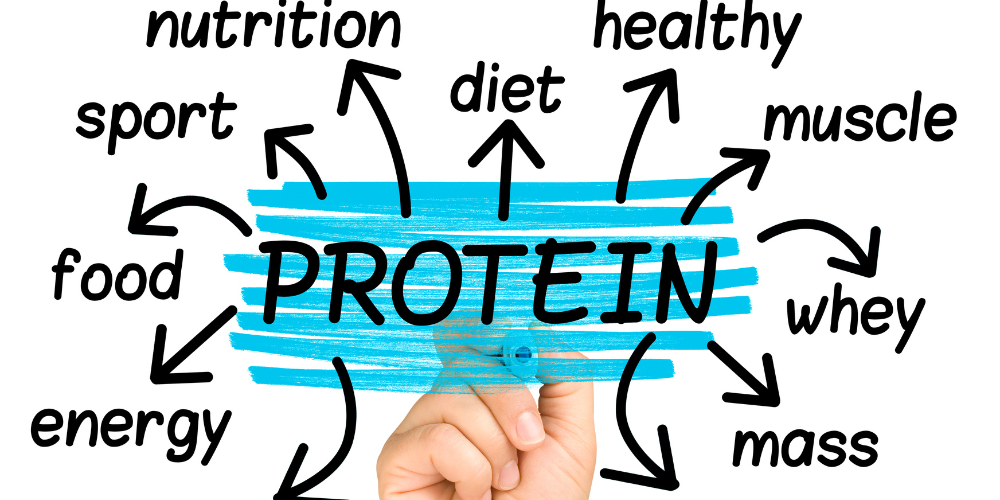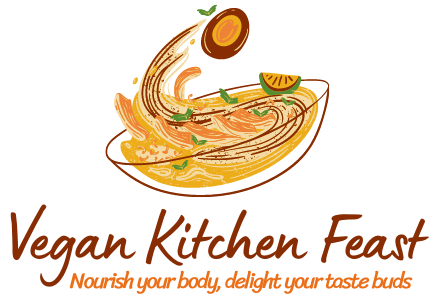
I’m going to kick things off by getting straight to the point: proteins are much more than gym jargon or a buzzword on nutrition labels. They are complex molecules that play a critical role in our bodies. To bring you into the loop, proteins are composed of smaller units called amino acids, often referred to as the building blocks of life.
Why so? Because these amino acids join in various sequences and lengths to create a vast array of proteins, each with a unique function. It’s like constructing different types of buildings from the same set of Lego pieces – skies the limit. Now, there are 20 different amino acids that can compose proteins, each contributing to the protein’s specific function and structure.
Your body uses proteins for a multitude of tasks. Right from giving cells their structure to paving the way for biochemical reactions through enzymes, every single cell in your body contains protein. It’s the stuff that helps knit your wounds, that fuels your muscle recovery after a workout, and even in moments of dietary deficit, proteins can step in as an energy source.
In my experience, there’s a common misconception that protein’s sole purpose is to beef up muscles for athletes and bodybuilders. Not true! No matter if you’re a keyboard warrior, a busy parent, or a weekend jogger, your body demands protein. It builds and fortifies every part of you – from your muscles and bones to the very hemoglobin that carries oxygen in your blood.
So, that lays down our baseline. Proteins are pivotal to our well-being, regardless of our lifestyle or fitness level. Understanding this is the first step in making informed choices about your dietary needs and your health.
Protein’s Multifaceted Roles in the Body
You might already know that protein doesn’t just bulk up muscles; it’s crucial for your overall health. I’m going to walk you through some of its vital roles to give you a clearer picture. First up, tissue building and repair. Think of protein as your body’s maintenance crew. Every day, cells get damaged, and protein is there to pick up the pieces, literally helping cells to heal and grow stronger.
Proteins also take a starring role in making enzymes and hormones, the chemical messengers of your body. Without these, well, everything would be out of whack. Hormones regulate everything from your mood to metabolism, while enzymes speed up chemical reactions, like breaking down the food you eat so your body can actually use it.
Don’t forget the immune system, your body’s defense force against illness. Proteins contribute to creating antibodies, which are like your personal bodyguards against infections. And that run-down feeling you get when you’re under the weather? Adequate protein helps combat that by contributing to your overall energy levels.
In the world of cell phones and contracts, energy metabolism and cellular processes may sound like techy gibberish, but it’s actually about how adeptly your body uses food to keep you energized. Proteins are critical in facilitating these processes, essentially ensuring that your body’s energy use is efficient.
The Extensive Benefits Protein Brings to Your Health
You might think of protein mainly in the context of pumping iron and building muscle. But, guess what? They are pivotal for much more than that. Protein is the most important nutrient for overall development and the smooth functioning of your body. It doesn’t matter if you’re a marathoner or you’ve never set foot in a gym; each and every one of us requires protein to lead a healthy life.
Let’s start with the basics. Every cell in your body either contains protein or operates on mechanisms that proteins help build. We’re not just talking about muscles. Enzymes that drive your metabolism? Made of protein. The hemoglobin that carries oxygen in your blood? Yes, that’s a protein too. Collagen and keratin, which are the structural proteins that keep your skin supple and your hair strong, are as essential as the actin and myosin that make your muscles move.
Protein plays a defender role in your immune system. Antibodies, which are critical in fighting off infections, are proteins. Without adequate protein, your body might struggle to heal after injury and become more susceptible to infections. It also takes the wheel in cellular communication, the creation of molecules that help your cells respond to changing environments.
Here’s something else that’s interesting: while proteins are not primarily used for energy, they can be broken down to provide fuel in a pinch. When carbs and fats are in short supply, proteins can be converted into glucose to keep you going. Not ideal, but it’s a great backup system your body has in place.
To realize these benefits, though, getting the right amount of protein is key. That takes us to the next big question: how much protein do you really need? Well, that’s going to include looking at factors like age, activity level, muscle mass, and overall health. Your protein needs are as unique as you are.
Determining Your Personal Protein Needs
It’s natural to wonder how much protein you really need to stay healthy. Your personal protein requirements can vary based on several factors, including age, gender, activity level, and overall health. It’s not a one-size-fits-all kind of deal. Children and teenagers, for instance, need more protein while growing. Athletes often require additional protein for recovery and muscle repair, whereas someone with a sedentary lifestyle may need less.
Now, understanding your own protein needs isn’t just interesting trivia; it has real implications for your health. You might be thinking ‘How do I know if I’m getting the right amount?’ This is where a consultation with a clinical dietitian can prove invaluable. They’re kind of like protein detectives, using their expertise to examine your unique profile and pinpoint exactly how much protein will support your body’s needs.
If you’re aiming for precise tuning of your diet, your personalized plan will also take into account the type of proteins you consume. For some, that might mean focusing on lean meats or dairy, while others might explore the vast ocean of plant-based proteins. Your dietitian is there to guide you through this dietary maze and help you make informed choices that resonate with your health and fitness goals.
This tailored approach ensures that your body is receiving the right types of fuels to support not just your daily activities, but also any healing processes or immune system challenges you may be facing. And remember, your protein intake can be adjusted over time as your lifestyle or health status changes. You’re not locked into one routine forever.
Embracing Diversity in Protein Sources: Beyond Animal Products
If you’re thinking that a high-protein diet is the exclusive territory of meat-eaters, you’re in for a surprise. Plant-based diets aren’t just salads and smoothies; there are ample sources of protein for vegans and vegetarians alike. So, let’s demystify the notion that protein only comes from animal sources.
Vegan sources of protein encompass a diverse range of foods. Legumes like lentils, chickpeas, and black beans are protein powerhouses that also offer fiber and other nutrients. Soy products, such as tofu and tempeh, are not just versatile but also rich in protein. Quinoa and buckwheat are among the few plant foods that provide all nine essential amino acids, making them complete proteins.
Switching to or incorporating more plant-based protein can have significant benefits. Not only does it contribute to a reduction in the risk of certain chronic diseases, but it also aligns with a more sustainable and environmentally friendly lifestyle. Going green with your protein intake doesn’t mean compromising on nutrition; it means diversifying your sources and enjoying the variety.
Incorporating these vegan protein sources into your diet doesn’t have to be challenging. Start by adding a scoop of black beans to your salad, or swapping out meat with tofu in your stir-fry. As consumer demand increases, plant-based protein options are becoming more readily available, making it easier to find products that fit into a high-protein vegan diet.
Remember that you don’t have to go full vegan to benefit from plant-based proteins. Even if you’re a meat-eater, adding plant-derived proteins to your diet can enhance your nutrient intake and diversify your meals. It’s about finding the right balance that works for you, your body, and your taste preferences.
Nourishing Your Body: Protein’s Power Beyond the Gym
You’ve just explored a world where protein is so much more than a tool for athletes; it’s the fuel for our very life’s processes. From the rendering of DNA blueprints into reality to knitting together the cells that form the tapestry of our bodies, protein is indispensable.
Whether you’re venturing into the realms of plant-based nutrition or weighing the benefits of a supplemental shake, remember that your journey towards optimal health is unique. While variety and balance are keys to harnessing protein’s full potential, knowing when to supplement hinges on your individual dietary landscape.
Don’t worry too much about hitting precise numbers every single day. Instead, choose something that resonates with your lifestyle and your body’s signals. You can always adjust your approach down the road as you tune into your body’s needs.
So my question to you today is: how will you let protein work its magic in your life? Will you allow this mighty nutrient to bolster your daily endeavors, regardless of whether those include lifting weights or not? Remember, your first attempt doesn’t need to be your last, and just don’t focus too much on perfection.
